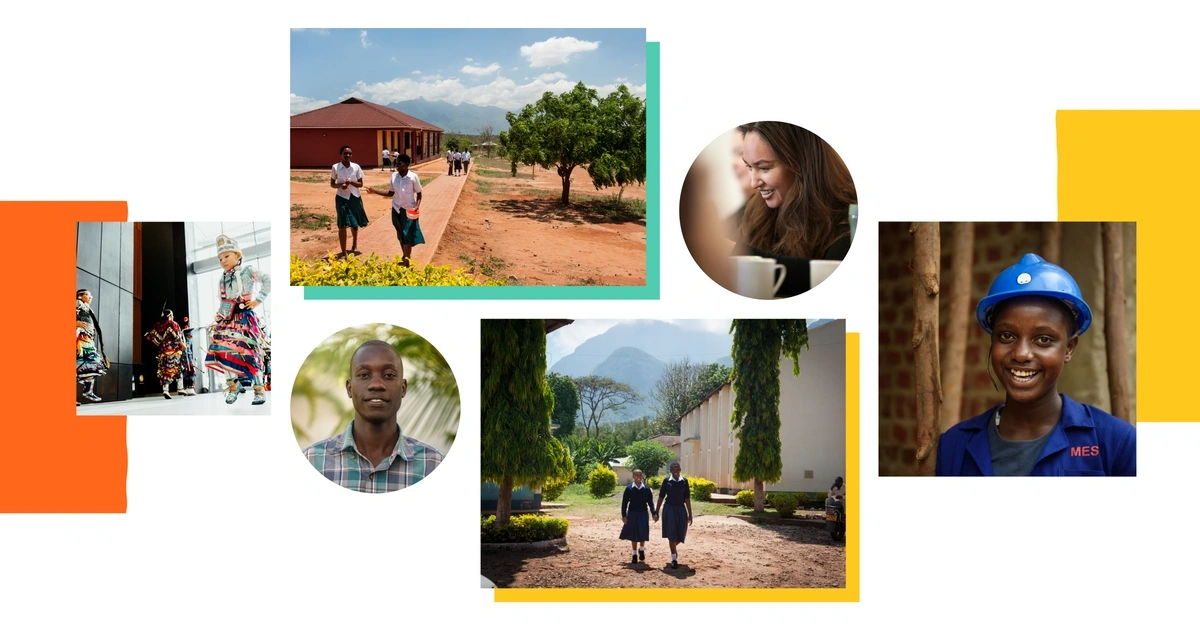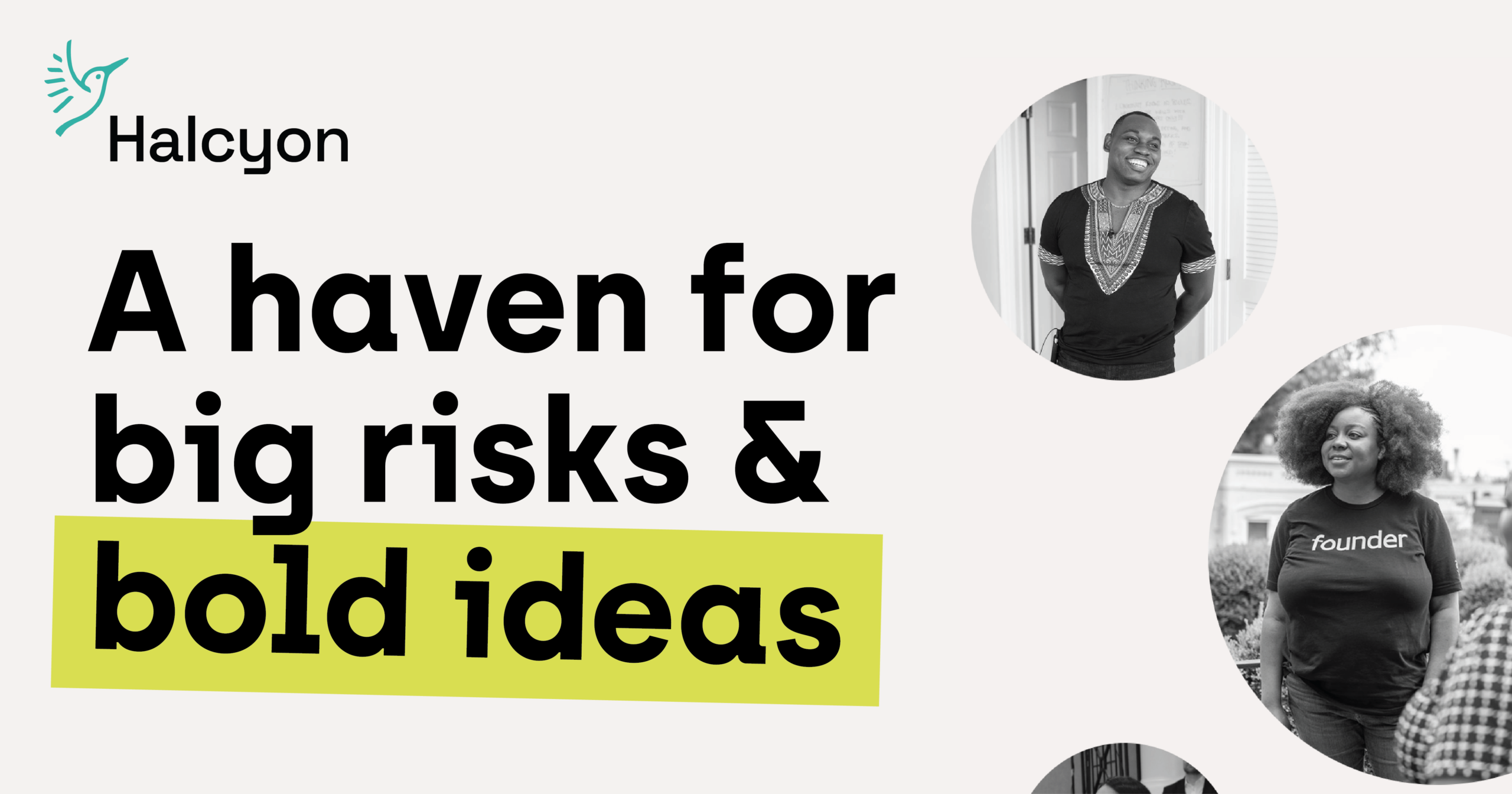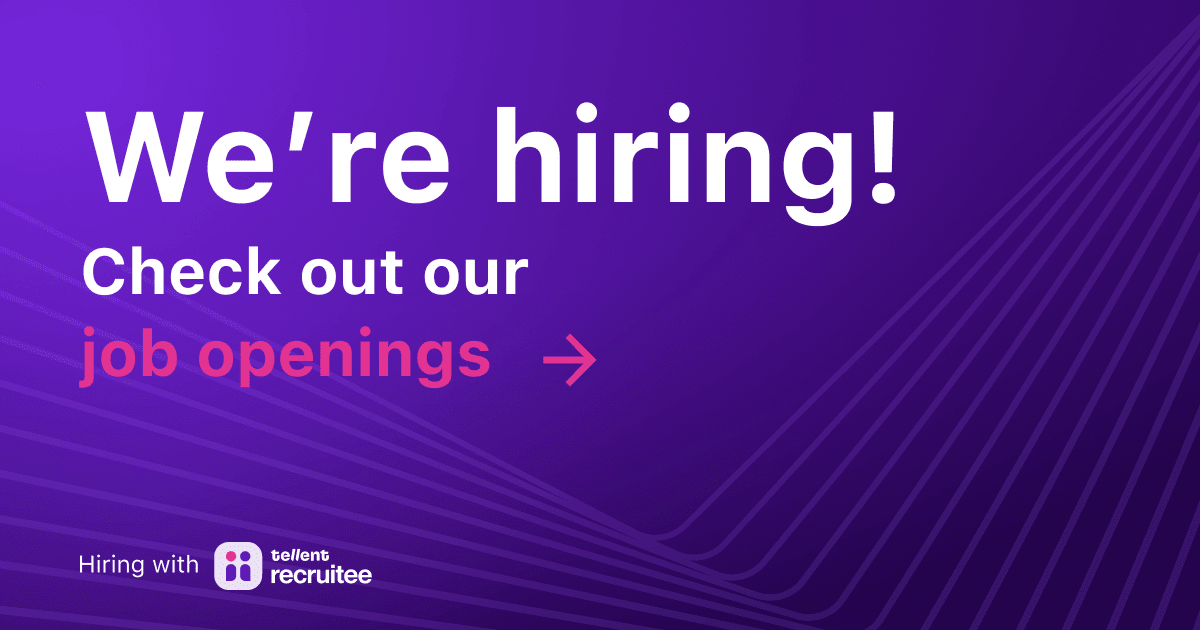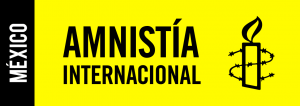Learn AI in 5 minutes a day
This is the easiest way for a busy person wanting to learn AI in as little time as possible:
Sign up for The Rundown AI newsletter
They send you 5-minute email updates on the latest AI news and how to use it
You learn how to become 2x more productive by leveraging AI
Please take 30 seconds to let us know the value you find in the digest and also how we can improve by filling out the super quick survey below. There is also a space in the survey to enter your career questions and suggestions for PCDN as we look at these to help improve how we can help our community.
How Valuable Do You find the Career Digest?

Sponsored
ClimateWatch
Your one-stop source for climate news, issues, trends, forecasts, impacts, innovations, and tips.
5 Essential Tips for Impact Job Seekers Navigating 2025's Tough Market
The 2025 job market is brutal. You know it. I know it. Your friends struggling through endless applications know it. I am hearing this nearly every day from friends, relatives, colleagues and clients.
Fewer jobs. More competition. AI slop flooding application systems. The reality? USAID has eliminated 86% of programs. Over 19,500 U.S. jobs lost in monitoring and evaluation alone. Meanwhile, 59% of nonprofits report it's significantly harder to fill positions than previous years—yet paradoxically, competition for those remaining roles has never been fiercer.
This isn't your imagination. This is the reality of 2025's impact sector.
Here are 5 essential strategies that can potentially help.
1. Learn AI Tools—But Keep It Human
AI has fundamentally changed job search, and you can't ignore it. Over 30% of current jobs could be automated by 2030, with AI already affecting hiring across the impact sector. But here's the key: Use AI to enhance your applications, not replace your voice.
What's working:
Use tools like ChatGPT or Perplexity to tailor resumes to specific job descriptions, identifying keywords that matter
Generate multiple cover letter drafts, then heavily edit to sound like YOU
Practice interviews with AI tools that provide real-time feedback
Analyze job postings to extract skills employers actually want
What's not working:
Submitting generic, obviously AI-generated applications. Hiring managers can spot them instantly. The goal is to use AI to work faster, not to sound like a robot.
2. Network Like Your Career Depends On It (Because It Does)
Here's a stat that should change your entire job search strategy: 70% of jobs are filled through networking, not applications. Up to 70% of roles aren't even publicly posted. If you're only applying online, you're missing the majority of opportunities.
What's working:
Reach out to people currently working at organizations you're targeting before they post jobs
Schedule informational interviews to learn about roles and get insider insights
Engage thoughtfully on LinkedIn—comment on posts, share insights, build genuine relationships before asking for help
Leverage alumni networks and professional associations for warm introductions
Follow organizations on social media and engage with their content before applying
What's not working:
Cold outreach without research, sending generic connection requests, or only networking when you desperately need something.
The hidden job market is real. Your network is your access point.
3. Go Skills-First, Not Credentials-First
The impact sector is slowly embracing skills-based hiring. From 2020 to 2023, nonprofit job posts not requiring degrees increased by 14%. Organizations prioritizing skills over credentials can expand their talent pools by 6x.
What's working:
Highlight specific skills and concrete achievements over job titles and degrees
Use metrics to demonstrate impact: "Increased donor retention by 34%" beats "Managed fundraising"
Consider roles outside your specific niche—many skills transfer across sectors
Look at short-term contracts, consulting, or fractional roles to build experience
Emphasize transferable skills like data analysis, project management, and community engagement
What's not working:
Limiting yourself only to roles that match your exact previous job title or degree. The market is too tight for that.
4. Find an "Okay Enough" Job and Keep Moving
Perfectionism is your enemy right now. Waiting for the dream role while the market contracts is a losing strategy.
What's working:
Apply for roles that are 70% of what you want, not 100%
Take contract or temporary positions that give you experience and income while you continue searching
Look at adjacent roles in your field—not every step needs to be a promotion
Consider roles outside traditional impact that still align with your values (social enterprise, impact investing, corporate sustainability, government)
Remember: A good-enough job now beats unemployment or burnout later
What's not working:
Holding out for the perfect role, the perfect salary, the perfect organization. That role might not exist in 2025.
5. Ask for Help (Seriously—Do It)
You don't have to do this alone. The impact sector is built on community, and most people want to help—you just have to ask.
What's working:
Reach out to mentors, former colleagues, and people you admire with specific requests ("I'm targeting climate tech roles, can you recommend organizations?")
Join job search accountability groups where you share progress and support each other
Attend PCDN Career Campus office hours and workshops—this is exactly what they're designed for
Connect with career coaches or mentors in your network
Post in professional communities about your search (many opportunities come through word of mouth)
What's not working:
Suffering in silence. Thinking you need to figure this all out alone. Reaching out for help isn't weakness—it's strategy.
Beyond the Job Search: Three Practices That Save Your Sanity
Breathe & Practice Self-Care
This market will mess with your head. Rejection. Competition. Endless scrolling. Imposter syndrome on steroids.
What actually helps:
Set boundaries on job search time—2-3 hours daily is enough. More than that is diminishing returns and burnout
Take walks without your phone
Talk to friends who get it (or a therapist—seriously, this is worth it)
Remember: your worth isn't determined by your employment status
Celebrate small wins—a great networking conversation counts
Always Be Upskilling
While you're job searching, invest in yourself. Organizations prioritizing skills-based hiring want to see growth.
What's working:
Take free courses on LinkedIn Learning, Coursera, or edX in areas hiring organizations need (data analysis, grant writing, community engagement, digital tools, AI literature)
Learn a new language (huge advantage in global impact work)
Get certified in specialized areas (project management, M&E, fundraising)
Volunteer or freelance to build new skills on your resume
Stay current on sector trends—read Devex, Rest of World, and industry newsletters
Make a Financial Plan
Uncertainty about money amplifies everything else. Remove that variable.
What's working:
Calculate: how many months of expenses can you cover? (3-6 months is ideal)
Have a conversation about finances with family if relevant
Explore supplementary income options (freelancing, consulting, part-time work) to reduce pressure
Know your bottom-line salary—what do you actually need to live?
Budget for upskilling investments (courses, certifications, conferences)
When you know you can survive the job search, you can take smarter risks and stay resilient.
8 Essential Resources to Power Your Impact Job Search
Global Impact Job Boards:
PCDN Career Campus (https://jobs.pcdn.global) - 300+ curated impact opportunities monthly, plus biweekly office hours, workshops, and peer networking
Idealist (https://www.idealist.org) - One of the largest nonprofit job boards globally with 10,000+ opportunities across continents
Devex (https://www.devex.com/jobs) - The leading international development job board with global opportunities
AI-Powered Job Search Tools:
4. Rezi (https://www.rezi.ai) - ATS-optimized resume builder with keyword targeting and real-time feedback
5. ChatGPT (https://chat.openai.com) or Perplexity (https://www.perplexity.ai) - For tailoring applications, analyzing job descriptions, and interview prep. We will do again our AI tools for Job Searching Workshop in 2026.
Career Development Resources:
6. LinkedIn Learning (https://www.linkedin.com/learning) - Skills-based hiring courses and career development pathways
7. Job Search Accountability Groups - Find them on LinkedIn, Facebook, or through your professional networks (search "impact job search group" in your region)
8. 80,000 Hours Career Guide (https://80000hours.org/career-reviews) - Evidence-based career advice for maximizing impact
We Want to Hear From You
What's your biggest challenge right now? Are you struggling with perfectionism? Burnout? Networking? Finding the right roles?
Drop your questions in the quick survey form above or respond to this email. We're building resources specifically to help you navigate 2025's market—and your feedback shapes what we create next.
Office hours are every other week. Job search groups are forming. Upskilling resources are available. Help is here.
You're not alone in this.
Impact News & Resources
😄 Joke of the Day
Why did the social entrepreneur bring a ladder to the funding meeting? Because they wanted to raise the bar—literally!
🌐 News
The World Economic Forum reports 78 million net jobs will be created by 2030, with 170 million new roles emerging while 92 million are displaced by AI, demographic shifts, and economic pressures. The report calls for urgent workforce upskilling to ensure equitable access to opportunities across sectors and geographies.
Human Rights Watch documented widespread atrocities in Sudan, where the RSF conducted mass executions, sexual violence, and tortured detainees across the country's deadliest conflict. Both warring parties have deliberately targeted healthcare workers and local responders, decimating the health system amid ongoing impunity.
New York City's racial wealth gap reveals Black New Yorkers have a median net worth of $2,800 versus $320,000 for white residents, with debt consuming over 50% of Black and Latinx assets. Without sufficient wealth, financial shocks like job loss can spiral into eviction and food insecurity, perpetuating intergenerational hardship.
An attack on a funeral in Sudan's Kordofan region killed 40 people, with thousands believed trapped in el-Fasher as the RSF excavates mass graves. The ongoing civil conflict has displaced 12 million people—nearly a quarter of Sudan's population—making it the world's largest humanitarian crisis.
💼 Jobs, Jobs, Jobs
International Rescue Committee (IRC) responds to humanitarian crises in 40+ countries with 8,000+ staff working across emergency response, health, economic recovery, refugee resettlement, and governance. They regularly hire for country directors, program managers, technical specialists, and field operations roles.
🎧 Podcast to Check Out
Listen to Working on Purpose: "When Your Purpose Becomes a Problem" exploring how social impact organizations can ensure their mission remains powerful. The episode reveals hidden traps like wishful thinking and passion-driven hiring, plus practical ways to realign for maximum impact.
🔗 LinkedIn Profile to Follow
Darren Walker, former President of the Ford Foundation, is a leading voice on democracy, justice, and inequality. Recently departed after 12 years, Walker continues sharing insights on philanthropy and social justice through active LinkedIn posts.














.jpg)

Social Impact Opportunities